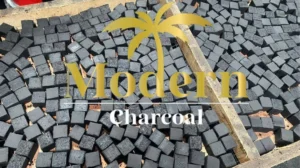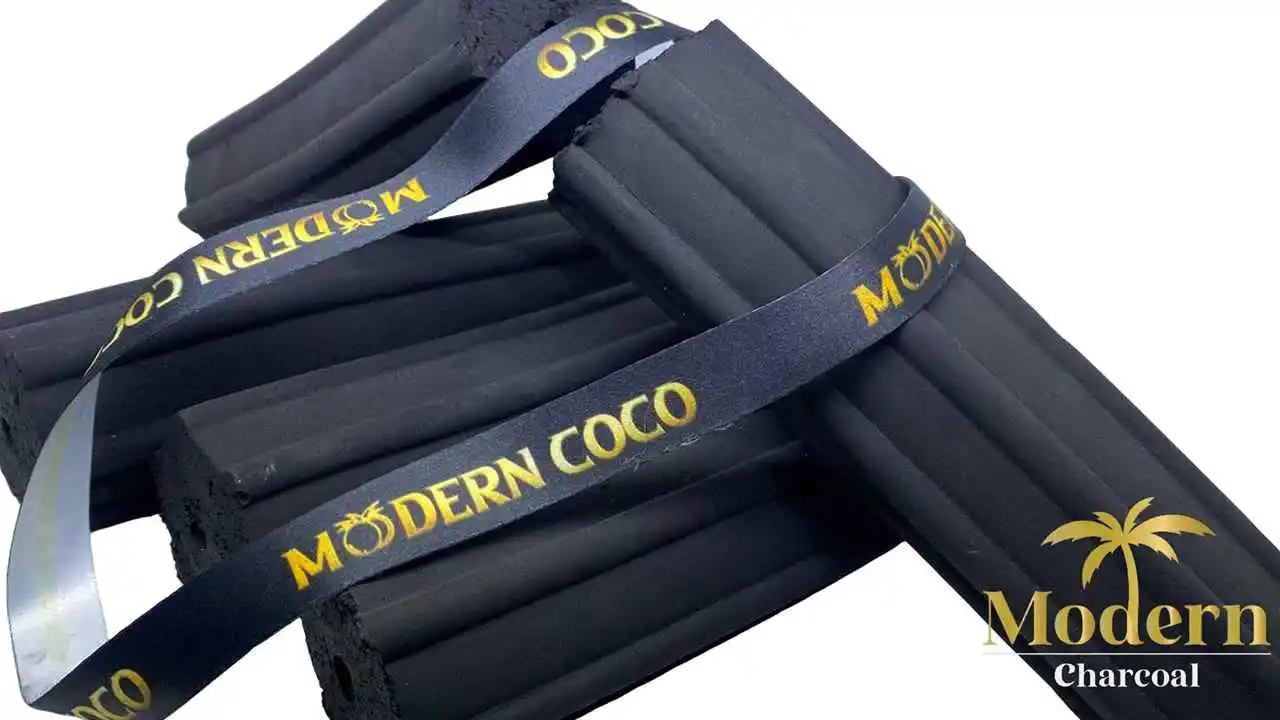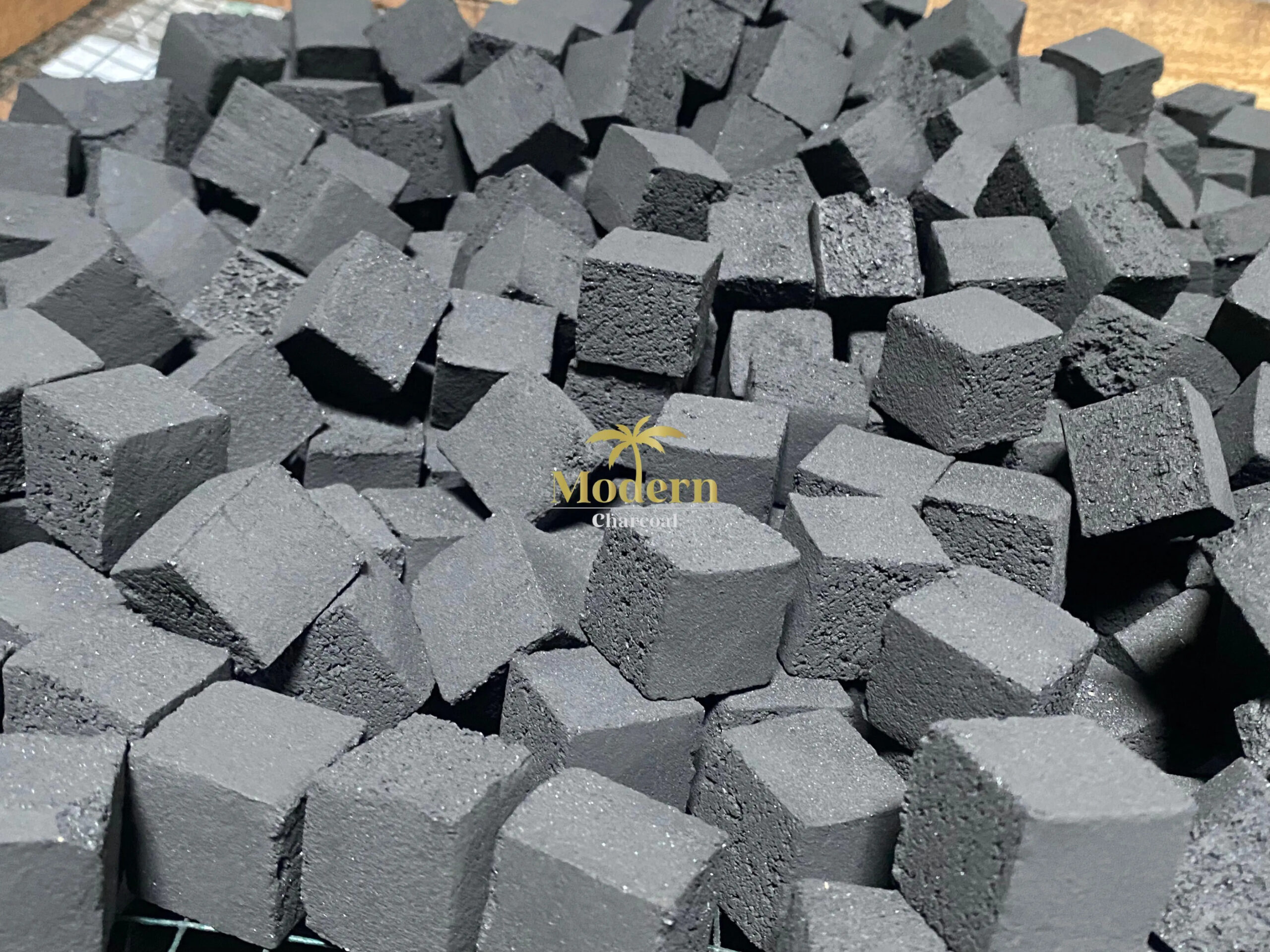In recent years, the conversation around sustainable living has intensified, with more people seeking eco-friendly alternatives in various aspects of their lives, including culinary practices. One area that has seen a significant shift towards sustainability is the method of grilling, especially for popular dishes like yakiniku. Charcoal briquettes, as opposed to traditional grilling methods, offer a compelling array of environmental benefits, making them a superior choice for eco-conscious grillers.

Reduced Carbon Footprint
Charcoal briquettes are known for their efficiency; they burn hotter and longer than raw wood. This efficiency translates into a reduced carbon footprint, as less fuel is required to achieve the same grilling temperature and duration. Moreover, many charcoal briquettes are made from renewable resources, such as compressed sawdust, which further diminishes the overall carbon emissions associated with their production and use.
Coconut charcoal briquettes are a type of charcoal that is made by processing coconut shells into a fine charcoal powder, which is then mixed with a natural binder and compressed into briquettes. This form of charcoal has gained popularity due to its eco-friendly nature and superior qualities compared to traditional wood charcoal. Coconut shells are a by-product of the coconut industry, which would otherwise go to waste, making their utilization in charcoal production a sustainable and environmentally friendly option.
Sustainable Production Processes
The production of charcoal briquettes can be highly sustainable, involving the recycling of wood waste and other biomass materials that would otherwise contribute to landfill waste. This not only helps in managing waste more effectively but also reduces the demand for virgin wood, thereby aiding in forest conservation efforts. By choosing charcoal briquettes, consumers support an industry that contributes to a circular economy, where waste is minimized, and resources are used more efficiently.
Minimized Air Pollution
Compared to traditional charcoal or wood, high-quality charcoal briquettes produce less smoke and release fewer volatile organic compounds (VOCs) during combustion. This results in cleaner air quality around the grilling area, making it not only a healthier option for the environment but also for the people enjoying the yakiniku. It’s essential, however, to select natural, additive-free briquettes to maximize these environmental benefits.
Enhancing Soil Health
Interestingly, the ash produced by charcoal briquettes can be used as a nutrient-rich additive to soil, contributing to its health and fertility. This is particularly true for briquettes made from organic materials. The ash contains potassium, an essential nutrient for plant growth, which can help enhance soil quality over time. This secondary use of charcoal briquettes underscores their role in promoting environmental sustainability beyond the grill.
A Step Towards Sustainable Dining
Choosing charcoal briquettes for grilling yakiniku is more than a culinary decision; it’s a step towards sustainable dining. By opting for this eco-friendly fuel, grillers contribute to a reduction in deforestation, lower carbon emissions, and a decrease in air pollution, aligning their dining experiences with broader environmental goals.
The production process of briquette charcoal involves several steps: the biomass material is first dried and then ground or pulverized to a fine powder. This powder is then mixed with a binding agent, such as starch, and possibly other additives that can help to control the burn rate or improve the fuel’s energy output. The mixture is then compressed into shapes, typically blocks or cylindrical briquettes, and dried to reduce moisture content, resulting in a compact, high-density fuel source.
In conclusion, the environmental benefits of using charcoal briquettes for grilling yakiniku are clear and compelling. As more individuals and businesses adopt sustainable practices, the choice of charcoal briquettes stands out as a responsible, practical, and effective way to enjoy beloved culinary traditions while caring for the planet. So, the next time you fire up the grill for some delicious yakiniku, consider the impact of your choice of fuel — for the environment, for health, and for the future.



